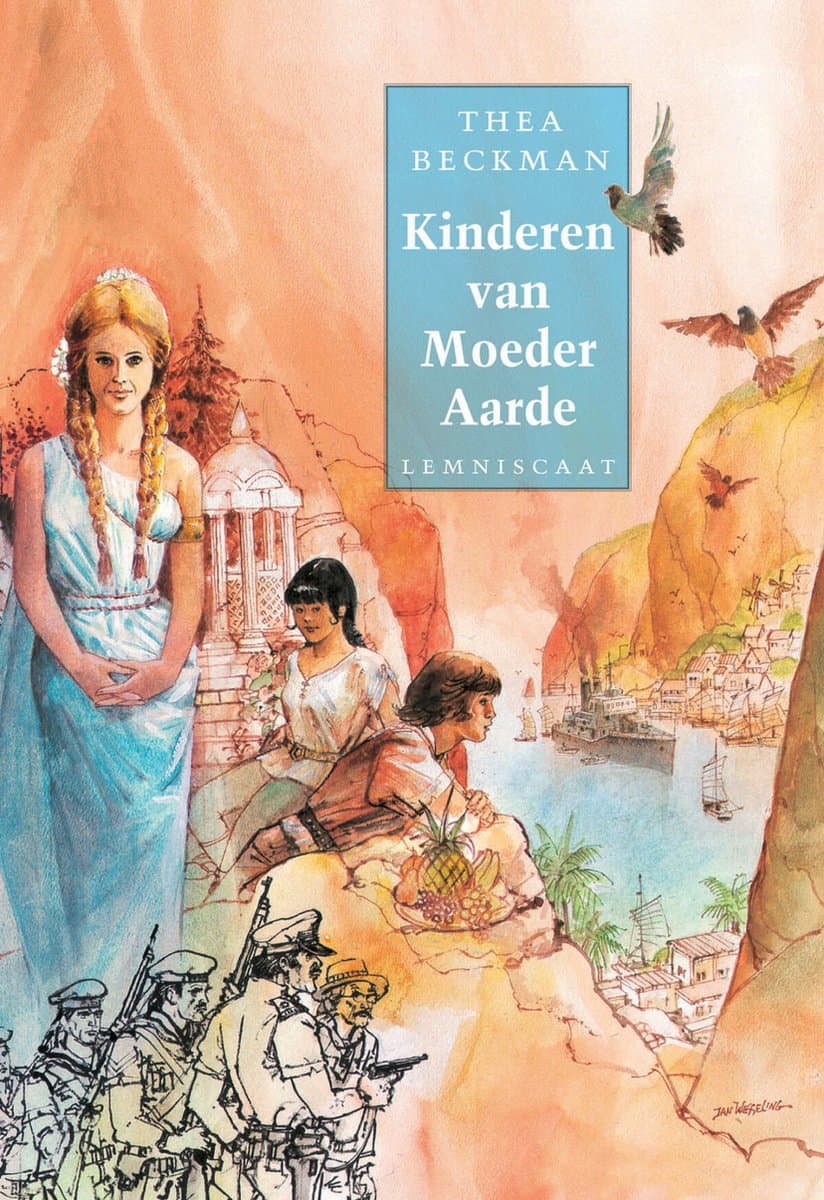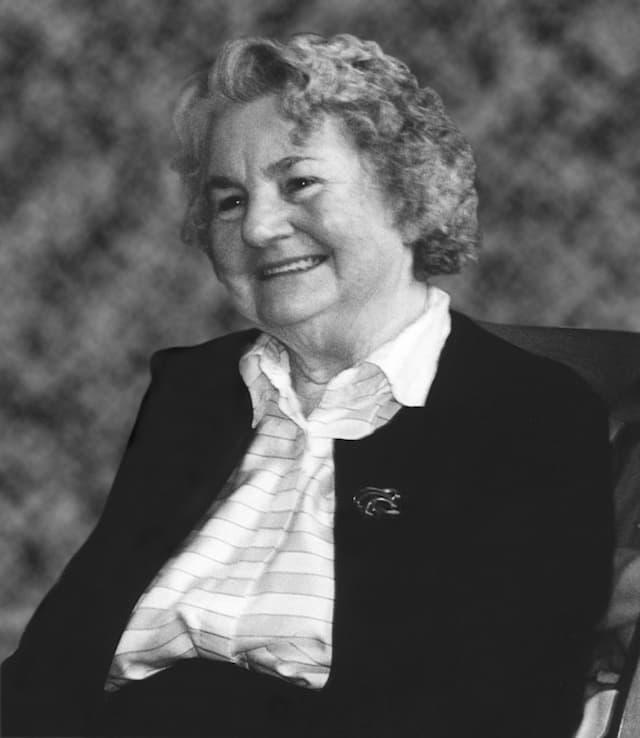Children of Mother Earth
The Grand Old Lady of historical children’s literature – that’s Thea Beckman’s nickname. However, Beckman was not only interested in the past. Driven by social awareness and a desire to let her imagination run free, she rid Greenland of its ice and created a new state. The result was this captivating work of futuristic speculative fiction.

In Children of Mother Earth (1985), Beckman turns the world upside down. After a cataclysmic nuclear Third World War and a series of devastating natural disasters, Mother Earth loses her balance. The globe tilts. The poles melt. Greenland develops a mild climate and a new social system: Thule is a representative democracy governed by a council of women and based on a sense of community. The Thuleans understand that we should not try to manipulate nature, but instead adapt to the ground on which we live.
This book is more than worth the read. It’s gripping, with often stunning descriptions, touching moments and, last but not least, a controversial topic that invites discussion.
De Standaard
Beckman is not, however, purely a utopian. Her paradise has realistic flaws. Cleverly telling the story from the point of view of Christian, the son of Armina-Dottir, Thule’s head of state, Beckman makes it apparent that matriarchies do not function any better than patriarchies. ‘Every Thulean is a free Thulean,’ argues Christian when his mother prevents him from marrying the girl of his dreams. When an armed expedition ship from the Great Empire of Baden (formerly Europe) comes to Thule, the island is threatened. Will Thule withstand the men of Baden and their urge for expansion? Or is reform needed?
This compelling story encourages critical thinking about current issues, including climate change.
